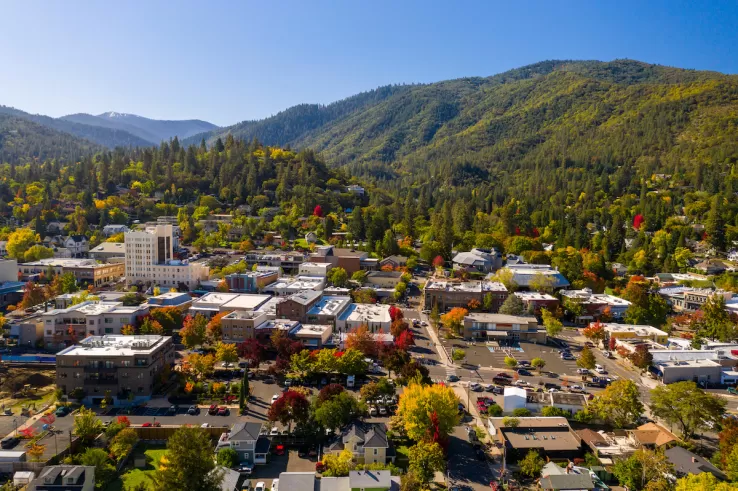A 1973 state law creates urban growth boundaries that limit urban sprawl, but rising housing costs are causing lawmakers to consider a one-time expansion.

In an Associated Press article, Claire Rush explains how the housing crisis could force changes in Oregon’s landmark ‘urban growth boundary’ law, which limits development outside city limits to reduce sprawl and conserve natural areas.
The law has been instrumental in growing the state’s reputation as a green haven. But with housing costs hitting record highs in Oregon and around the country, state officials are considering altering the law to encourage more housing production.
Now, a proposed bill would tweak the law by granting a one-time exemption allowing cities to acquire new land and expand their boundaries for housing, with the caveat that 30 percent of the new housing must be affordable. This would change the current policy which requires cities to submit a 20-year plan to change their UGB.
The proposed bill would still ask cities to prove they lack the land to build necessary housing units, and would prevent them from acquiring ‘high-value’ farm or forest lands.
